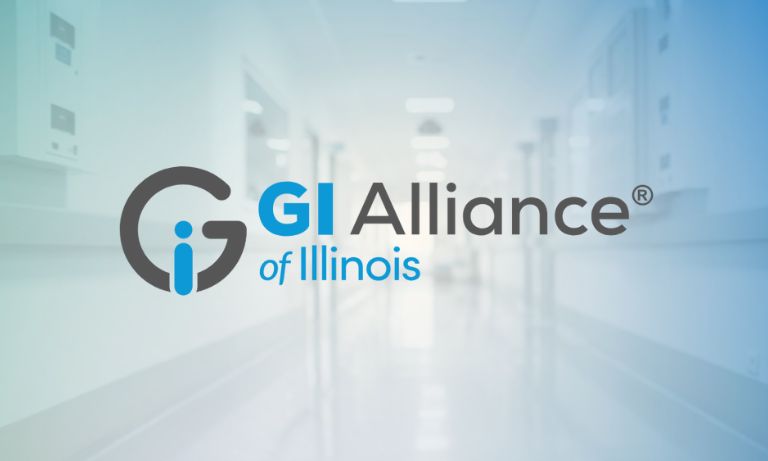A gastroenterologist is an expert in the diagnosis and treatment of diseases that affect the GI tract, like GERD and celiac disease, and more.
Gastroenterology is the division of medicine devoted entirely to the gastrointestinal (GI) tract. Your GI tract comprises of important gastric organs, such as your stomach, esophagus, small intestine, gallbladder, colon, liver, and pancreas. Any disruption in this system can have a gravely damaging effect on your overall health and should be examined by a gastrointestinal specialist. GI Alliance of Illinois is a specialist-led system of gastroenterologists (GI doctor), and we are dedicated to supplying information and treatments that help our patients attain better gastrointestinal and overall well-being. You can find a nearby gastroenterologist in Chicago, IL by contacting our staff. What does a GI physician do, and when should you find one? Read on to find out.
What is the definition of a GI physician?
After med school, gastroenterologists need to finish around 5 – 6 years of specialized practice in the field of gastroenterology. These specialists have thoroughly studied what healthy digestion and waste elimination looks like, as well as general ailments and disorders that can hinder intestinal function. A GI doctor undergoes extensive training on how to carry out endoscopic exams, like an upper endoscopy and a colonoscopy, which can all be performed to identify and provide care for various ailments of the intestinal tract.
What does a GI doctor handle?
A gastroenterologist might provide care for a broad variety of intestinal diseases and conditions. A few of the most widely treated ailments include:
- Cancer: A gastroenterologist will help care for cancers of the digestive tract, including colorectal cancer and stomach cancer.
- Celiac disease: The immune system behaves poorly to the intake of gluten, which leads to harm to the small intestines.
- Gallbladder stones or cholelithiasis: When bile hardens into solid matter in the gallbladder, gallbladder stones are the result.
- Gastroesophageal reflux disease or GERD: This affliction is marked by frequent and lasting heartburn.
- Pancreatitis: This condition involves inflammation of the pancreas.
- Inflammatory bowel disease: Ailments such as ulcerative colitis and Crohn’s disease result in persistent inflammation in the gastrointestinal tract.
As well as treating the above diseases, gastroenterologists regularly execute standard colonoscopies to identify, treat, and stop colon cancer, which is among the top grounds for cancer fatalities in the nation. You can discover a colonoscopy doctor nearby through Illinois Gastroenterology Group. A doctor in our system is available in Chicago, IL.
When should you talk to a gastroenterologist?
You should see a GI physician when you’re undergoing any indicators or symptoms of gastrointestinal afflictions, which could include:
- Lasting constipation
- Washed out stools
- Serious flatulence
- Lasting diarrhea
- Bloody stool
- Severe or chronic heartburn
- Stomach pain or discomfort
Even when you do not show some of the above indicators, we advocate you visit a GI doctor for standard colonoscopies around age 45 and beyond. You should start normal colorectal cancer exams at about the age of 45 and then once each ten years if you are of ordinary risk and your results are normal. If you are at increased risk, such as possessing a family history of colon and rectal cancer or serious bowel disease, then it is usually advisable you go through screenings earlier and more often. You can find a GI physician near you by contacting Illinois Gastroenterology Group.
Would you like to visit a GI specialist in Illinois?
If you or a loved one is experiencing upsetting GI symptoms, you can trust the GI doctors at GI Alliance of Illinois to provide skilled, patient-centric care. Our compassionate GI doctors are in the midst of the leading professionals in the specialty, and our purpose is to reach the best clinical standards. Get in touch with our facility in Illinois to discover more.


